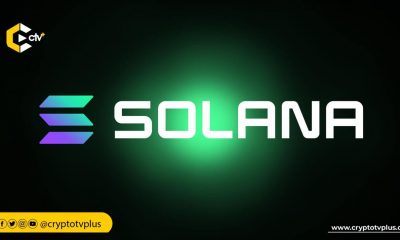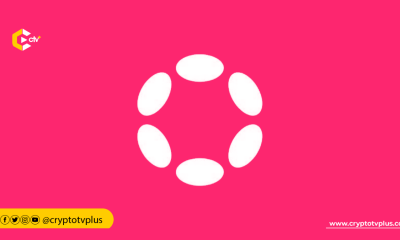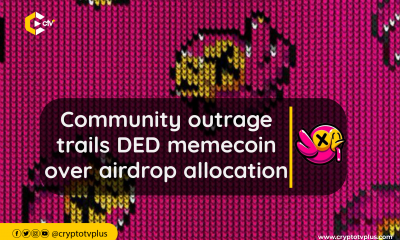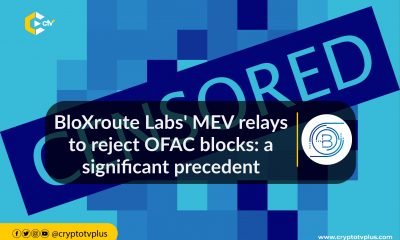FEATURED
Exploring the future of MEV: Flashbots’ game-changing applications
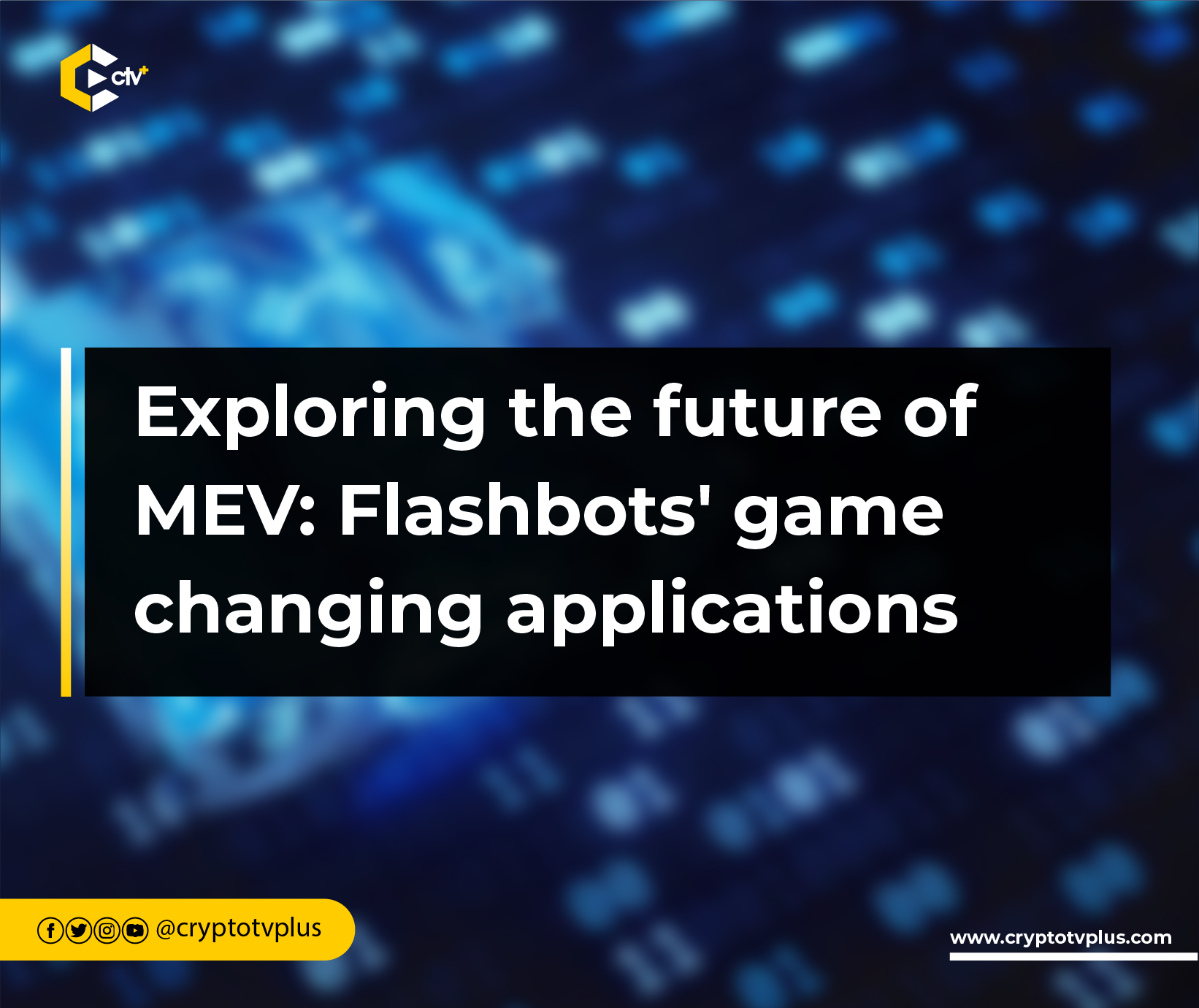
MEV, or Miner Extractable Value, is a concept that revolves around the value generated by users when they transact on blockchains.
Users can interact with decentralized protocols like Uniswap or other Automated Market Makers (AMMs) and create value that can potentially be extracted through various strategies, such as reordering transactions or inserting new ones into the block.
During EthGlobal, Daniel Marzec, a Research Engineer at Flashbots, talked about the evolving landscape of MEV in the Web3 industry. He noted that the operations of MEV are frequently shaped by Searchers and Validators.
He gave an example with the concept of slippage, where a Searcher could engage in front-running a transaction to capitalize on the variance between a user’s intended slippage and the actual executed price.
Although MEV can yield profits for these parties, it may have adverse repercussions for users in specific situations.
The transaction supply chain
The speaker provided an overview of the transaction supply chain, explaining that users express their intent to transact through their wallets, specifying details like gas prices.
Transactions typically move from the wallet to the mempool, where Searchers can access and process them. These Searchers play a significant role in deciding how transactions are executed.
The Searchers create bundles, which are then sent to Builders who construct blocks and participate in block auctions hosted by Validators. Flashbots play a crucial role in this process, although it can get quite intricate.
Protecting user interests
In the discussion of MEV’s operation, Daniel noted the necessity of safeguarding users against detrimental tactics while also enabling them to fully appreciate the value they generate.
He revealed the importance of programmable privacy, which gives users the ability to selectively reveal parts of their transaction information. This selective revelation allows users to have more control over the value they generate.
Private channels are a common solution today, but they come with limitations in terms of value internalization.
To solve this problem of user privacy, he explained how Flashbots is working on MedShare, Swave, and Decentralized MEV Solutions.
MedShare is an exciting addition to the MEV landscape. It offers a programmable privacy solution for wallets, enabling users to selectively reveal information related to their transactions.
MedShare allows users to negotiate how much refund they can receive based on their transaction’s desired speed.
Swave is described as an upgraded Ethereum Virtual Machine (EVM) that allows developers to deploy off-chain MEV sharing solutions on a blockchain. It runs on trusted execution environments to ensure privacy and security.
Swave opens up exciting possibilities for developers. It is a permissionless platform where anyone can compete for execution on order flow.
Developers can create contracts, block builders, decks, aggregators, and more, running on a decentralized infrastructure, enhancing the fairness and trustworthiness of the MEV ecosystem.
Innovative tracks and prizes
In closing, Daniel said that Flashbots is implementing two other different methods to advance the development of MEV solutions – the open innovation track and the ecosystem and research track.
In the first track, developers are invited to explore the MEV ecosystem and create solutions that can reshape it. This track welcomes diverse projects, from infrastructure enhancements to DeFi applications.
The second track is dedicated to research and analysis of MEV data. It aims to provide a deep understanding of MEV in DeFi and its impact.
Read also; Moonsama unveils game-changing innovations in the NFT world





